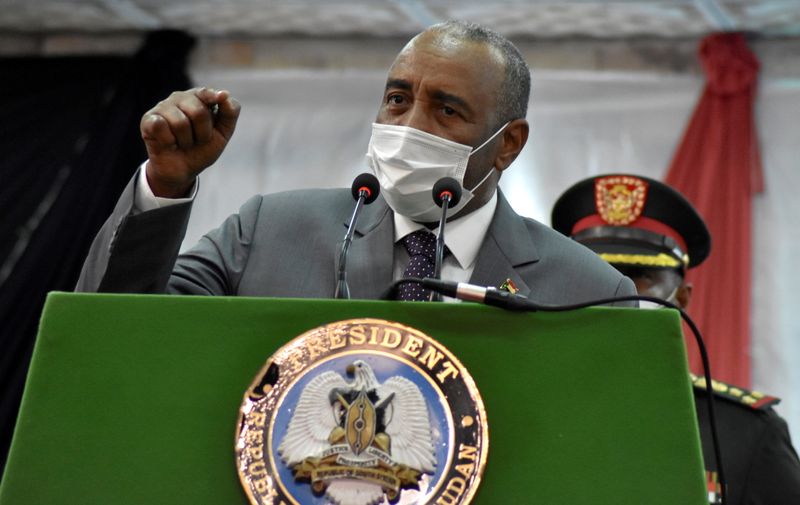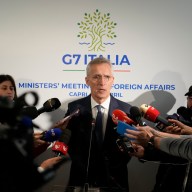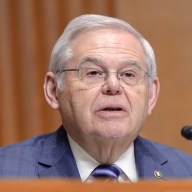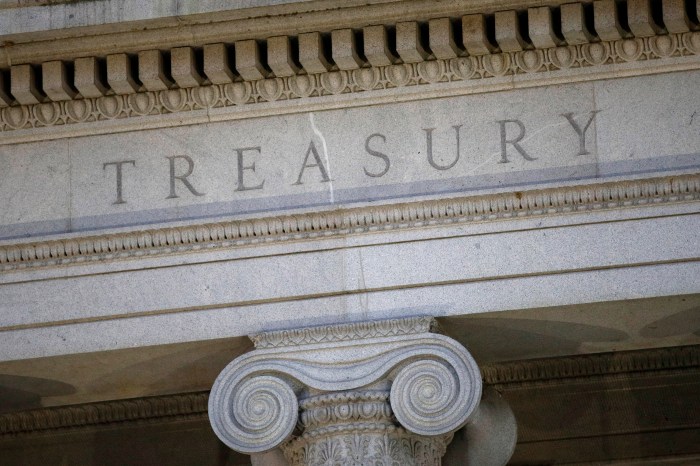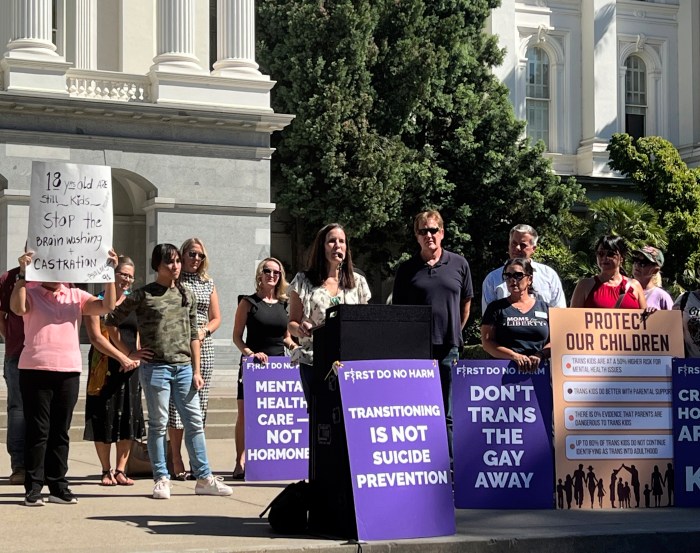By Khalid Abdelaziz
KHARTOUM (Reuters) -The prime minister ousted by the Sudanese army this week is ready to negotiate on the formation of a new government on condition that the military reverses its coup and releases detainees, sources who met with him said on Friday.
Coup leader General Abdel Fattah al-Burhan had appeared to leave the door open for Prime Minister Abdalla Hamdok to lead a new government in comments broadcast on Thursday, saying he would be free to form the cabinet of his choice.
The sources who met Hamdok said he wants dialogue but on condition the situation be returned to the way it was on the eve of Monday’s coup, which derailed Sudan’s transition to democracy after decades of authoritarian rule.
The conflicting positions point to the difficulty of reaching any mediated way out of the crisis: the army told mediators it would only release detainees who were not facing criminal charges, the sources said, echoing remarks by Burhan this week.
Western states have cut off hundreds of millions of dollars in desperately needed aid to Sudan since Burhan dissolved Hamdok’s cabinet and soldiers rounded up government ministers on Monday, demanding the civilian-led cabinet be reinstated.
Opponents of the coup have called for mass protests on Saturday under the slogan “Leave!”. At least 11 protesters have been killed in clashes with security forces so far this week, and residents say they fear a full-blown crackdown.
“I am scared that this country will catch fire. We’re scared these people will kill our children. There’s been enough death,” said a Khartoum woman in her 70s on condition of anonymity.
A senior U.S. State Department official said the protests would be a test of the military’s intentions going forward and urged the army to refrain from any violence towards protesters.
Washington was relieved to see that Hamdok has been allowed to return home but he was still under house arrest and unable to resume his work, said the official, who briefed reporters on condition of anonymity.
Several mediation efforts emerged on Friday, including one by neighbouring Egypt, but there has been no sign of progress.
In Khartoum, a committee of national figures has been formed to mediate and has met with both the army and civilians, a member told Reuters.
But a Western diplomat said it would be difficult for the public to accept a compromise that returns to the pre-coup status quo.
“It may be the reasonable way out, maybe even the only way out that doesn’t involve a higher level of violence. But would it last and would it be accepted? My personal thought is no on both counts.”
A European diplomat also said that Western states are not looking to engage with the military or mediate any negotiations until detainees are released and the military shows a commitment to power sharing as set out in the transitional constitutional declaration.
The transition was meant to steer to elections in 2023, after long-serving ruler Omar al-Bashir was toppled two years ago. The U.N. Security Council has called for the restoration of civilian rule.
BURHAN HOPES FOR NEW PM WITHIN A WEEK
In a speech on Thursday night, Burhan said Hamdok had been offered a chance to return as prime minister. “We told him that we cleared the stage for you … he is free to form the government, we will not intervene in the government formation,” he said in the remarks broadcast on Al-Jazeera TV.
One minister in Hamdok’s ousted government, speaking on condition of anonymity, said cabinet members were not opposed to standing aside for a new government, provided it is led and chosen by Hamdok, and the transitional agreement is restored in full.
Burhan has said he moved to avert civil war after civilian politicians stoked hostility to the armed forces.
He says he is still committed to a democratic transition, including elections by 2023, but favours a government that would exclude partisan politicians.
In comments to Russia’s Sputnik news agency published on Friday, Burhan said a new government would be led by a technocrat who could be chosen within a week and would be permitted to select a cabinet.
Egyptian officials including intelligence chief Abbas Kamel have been spoken with Burhan and General Mohamed Hamdan Dagalo, another top Sudanese commander, in the last two days in a bid to restore calm and mediate over the formation of a new government, a security source at Egyptian intelligence said.
Since becoming de facto head of state in 2019, Burhan has developed good ties with Egypt, Saudi Arabia and the United Arab Emirates, U.S.-allied Arab states all happy to see the downfall of Bashir, whose Islamism they opposed.
The coup has led donors to freeze assistance badly needed in a country where more than half the population is in poverty and hardship has fuelled instability and civil wars.
Speaking to Reuters, Burhan’s media advisor Brigadier Altahir Abuhaja rejected Western criticism that the takeover was a betrayal of the Sudanese people.
“What happened in Sudan is not a betrayal or a coup but a righting of the path of the revolution. General Burhan is the most concerned with the democratic transition.”
(Reporting by Khalid Abdelaziz in Khartoum, Nafisa Eltahir and Aidan Lewis in Cairo; Writing by Tom PerryEditing by Peter Graff and Raissa Kasolowsky)

